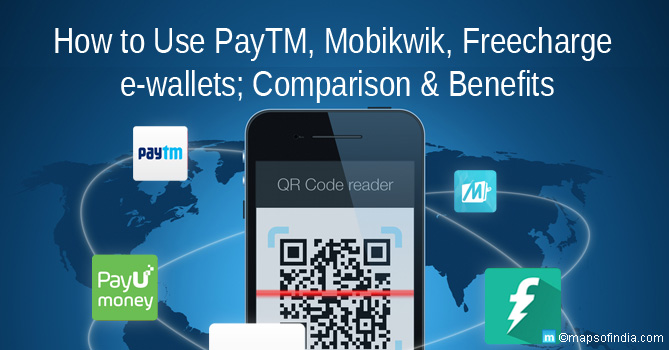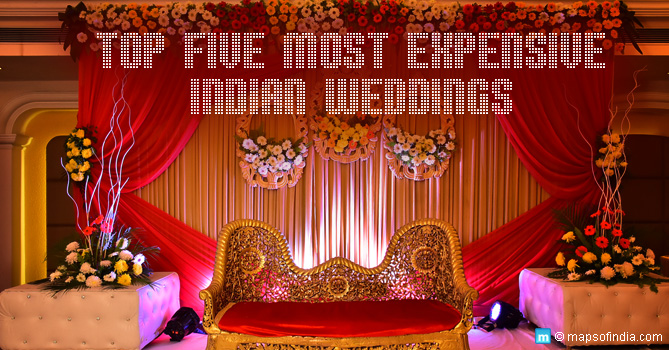Demonetization might have targeted black money and fake currency circulation but its biggest impact is being seen in the shift towards the digital economy, which will emerge as India’s biggest mid- to long-term gain.
Companies in the digital money space had an uphill task of trying to convince two of the biggest stakeholders – consumers, and retail and service outlets, to convert to a cashless economy.
After humble beginnings, companies like PayTM, Mobikwik, Freecharge, Airtel Money, etc., have had to contend with a reticent market where the old system of cash payments was difficult to give up.
Narendra Modi’s surgical strike on black money on November 8, 2016, changed all that. The country woke up to cash denial and cash shortage that inadvertently pushed them to seek out e-Wallet solutions. Increasing in popularity and for good reason, the need could not have come at a better time for digital money service providers like Paytm, Freecharge, PayU, Mobikwik and many others.
The revolution has begun and the end game could well see India surpass developed nations to emerge as one of the largest cashless economies.
So have you made your switch to the e-Wallet?
As a consumer who needs to pay for services with an amount as small as Rs 5, the sheer convenience of not worrying about change is a boon. On the other side, not having to carry large amounts of cash to pay for higher value goods or services is a major benefit especially with increasing incidents of crime. Yes, these benefits of e-Wallets will make you eager to have one with you!
In case you have still not registered for an e-Wallet as yet, let it be known that it is extremely easy to adopt. Just download the app of the preferred service provider and you are good to go! All it takes to make a payment is to scan a shopkeeper’s QR code, choose the amount to be paid and click. The payment is instant, safe and recorded for both the buyer and the seller. To transfer or receive money into your e-Wallet, both sender and receiver must have the app downloaded. One just enters the mobile number and amount and money is instantly transferred.
Have a look on: Can India really become cashless?
So, let’s examine some of the best options available for e-wallets that consumers can choose:
Paytm
One97 Communications set up Paytm in 2010 mainly as a mobile recharge service, but has since diversified into becoming a full-service digital payments facilitator. Today, it has signed up over 15 lakh merchants and has over 165 million people using the app and the number is rapidly growing.
Paytm first caught the public eye when Alibaba and Ratan Tata invested in the company and since then, Paytm has been growing at a brisk pace as has its valuation. The company boasts of maximum merchant sign-ups and includes all kinds of retail establishments, institutions, and service providers like auto, taxi and even street-food vendors.
Today Paytm has partner tie-ups with Visa, Mastercard, RuPay, PCI, Safekey and Diners.
Paytm can be used to pay for:
- Mobile recharge, mobile payment, datacard recharge
- DTH recharge
- Utilities payments: electricity, gas and water
- Groceries; fruits and vegetables from street vendors
- Auto and taxi; app-based cab services
- Metro Card recharge, bus, air and train booking
- All insurance payments, buy gold
- Hotel bookings and restaurants
- Movie bookings
- Pharmacies and hospitals
- Pay school or college fees
- Digital gift cards to be used for shopping
- Money transfers or receipt to and from anyone with a mobile phone and app.
Mobikwik
Mobikwik has over 250,000 online and offline merchants and over 40 million consumers using its service and growing each day. The company is focusing on small establishments and users like Kirana shops, rickshaw pullers, taxi and auto drivers, etc.
The company has just launched Mobikwik Lite, a facility targeting 2G users with traditional handsets and requires just 1 MB download. This is used mostly by small establishments and consumers in semi-urban and rural areas, where the largest number of mobile users reside. The merchant profile is more or less similar to that of Paytm though the number is significantly less.
Freecharge
The company is a recent entrant to the fast-growing digital payment service providers’ list. Launched in September 2015, Freecharge is similar to Paytm and Mobikwik in its merchant establishments although its initial focus has been more on the larger organized retail and food service establishments. Post November 8, 2016, the company has been rapidly adding manpower to expand its merchant and client base.
It added a unique feature wherein a single bill can be split equally or in any ratio between the number of friends, like in a restaurant. The company highlighted this feature in its ad campaign recently.
Airtel Money
Airtel Money started initially with focusing on e-Wallet services for mobile and related services including payment transfers, but is now rapidly expanding into other areas as well. The company has received a licence to start a payments bank business as well. Like all companies in the digital payments space, Airtel, too, has received a boost post the November 8 announcement.
Reliance Jio
Reliance Jio is the latest entrant in the e-Wallet business, having recently received its licence and plans to emerge as a major player in this segment. The merchant profile is more or less similar to that of Paytm’s and Mobikwik’s, but its market penetration strategy is likely to be wider and faster to close the lead with others.
Challenges in e-Wallet market penetration
A large section of our population resides in semi-urban and rural areas where electricity is still not available. And where available, the service is erratic and this is the biggest challenge for the government in transitioning the nation to a digital economy.
Internet penetration is still poor in these areas and most of India still uses 2G connectivity. Unless these challenges are overcome and quickly, the gap between those who have transitioned and those who have not, will cause unforeseen problems for the government.
Demonetization is an opportunity but the technology side has to be supported with adequate investments from the government and larger private players.
Meanwhile, go ahead and take the leap towards e-Wallet and experience for yourself the convenience it brings. Welcome to a new Digital India.
Related Info:
What will the RBI do with the old currency notes?
Airtel Launches Payments Bank; Is it a Big Deal?
Can India really become cashless?
The What and How of RuPay Card






